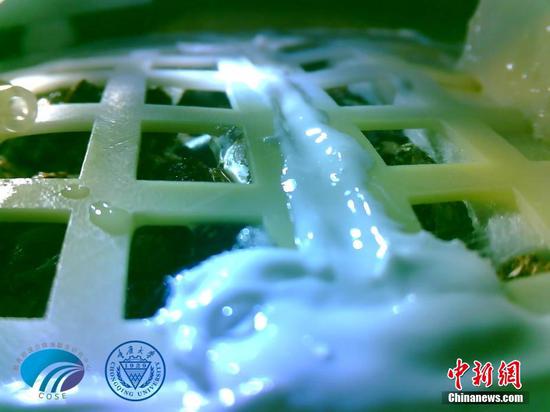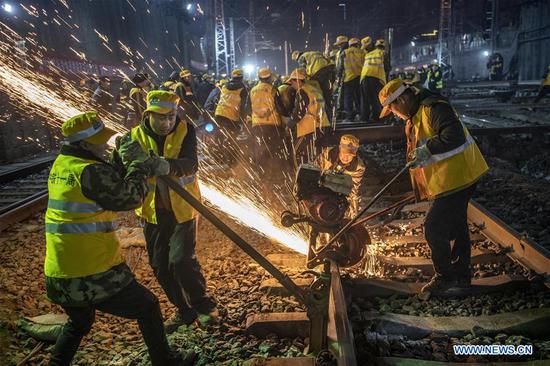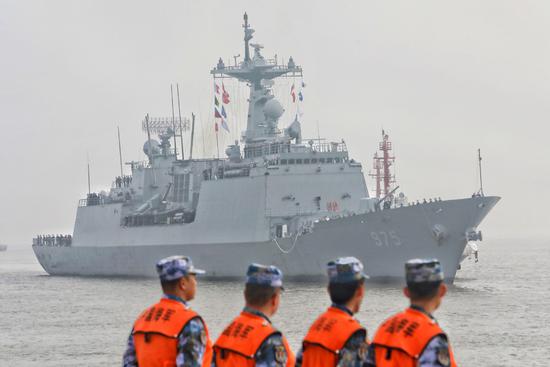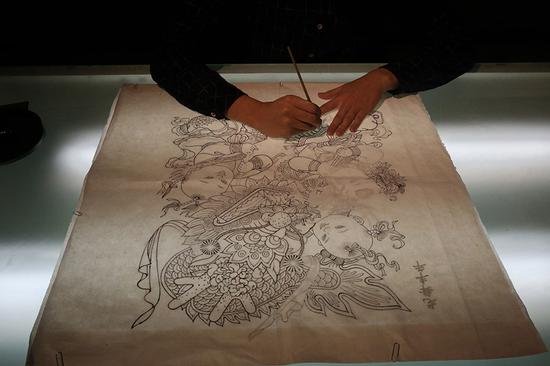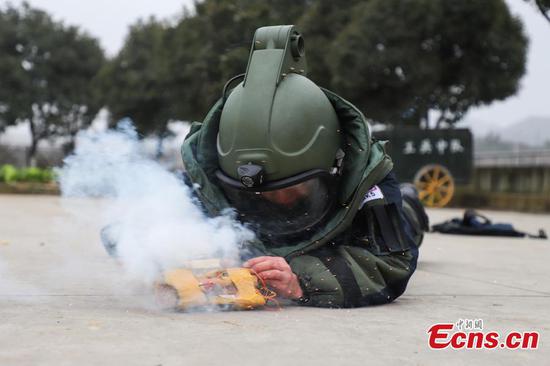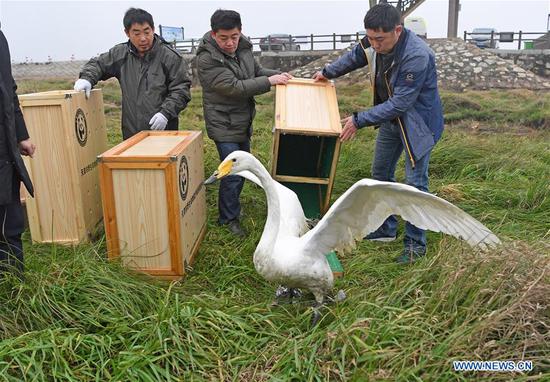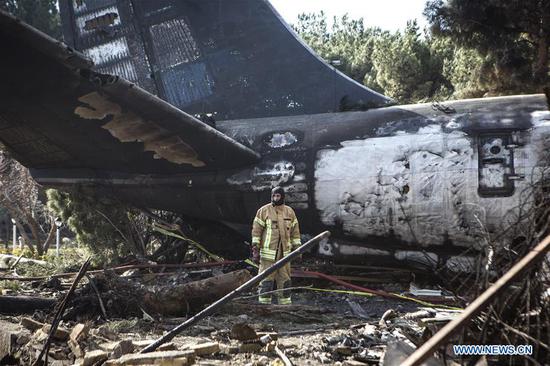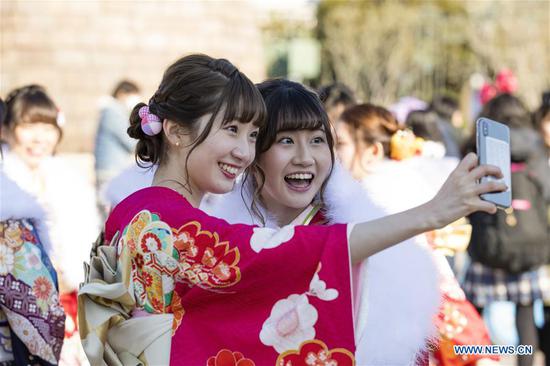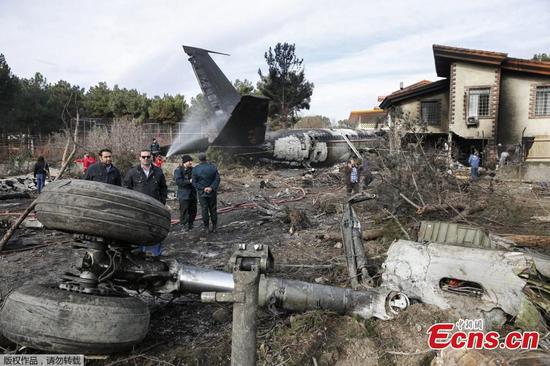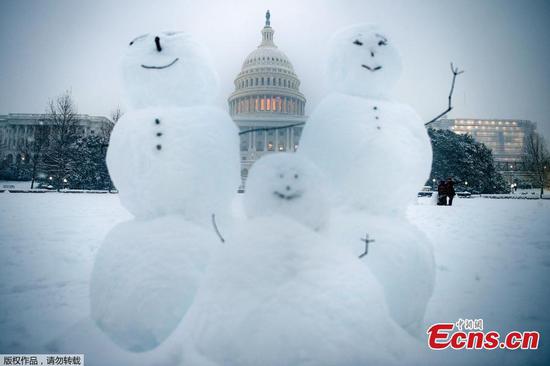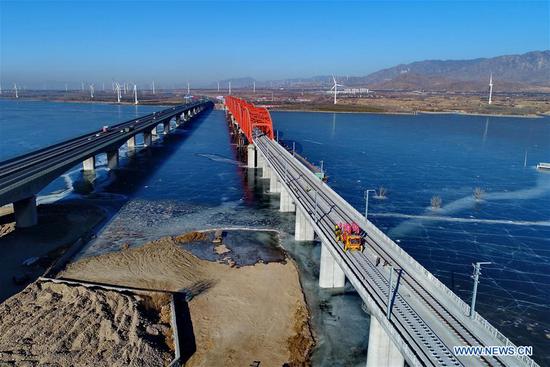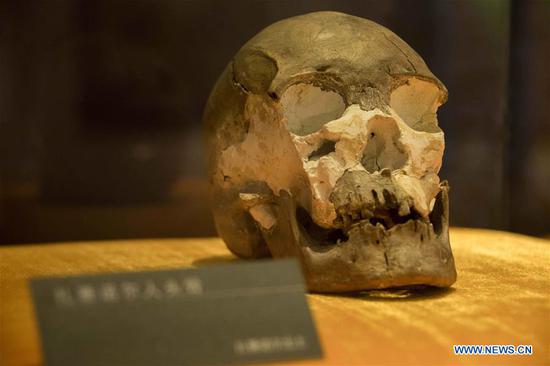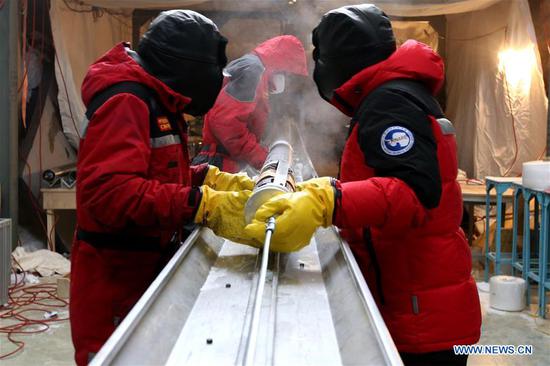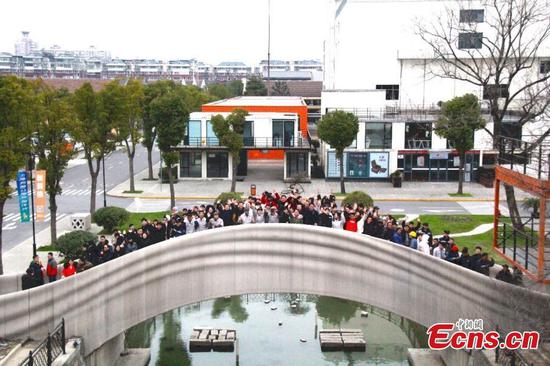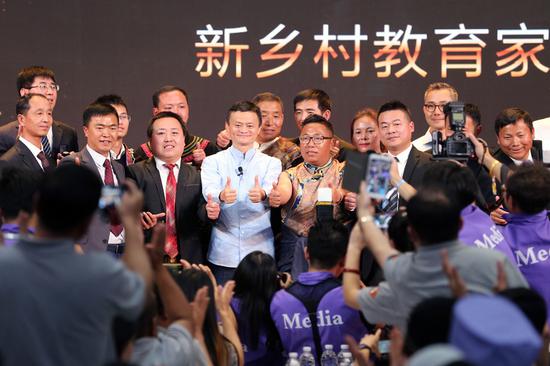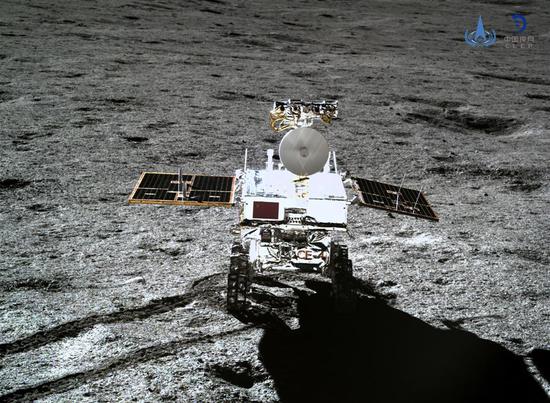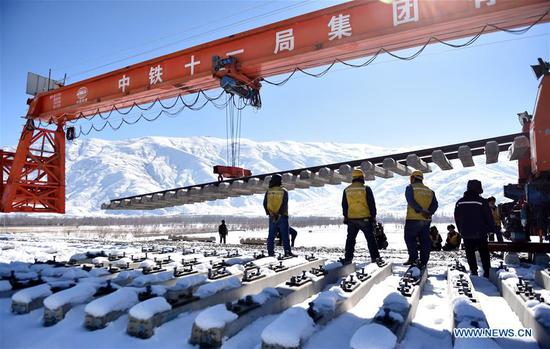U.S. tariff hikes on imports and countermeasures by countries are a concern for automakers who attended the North American International Auto Show (NAIAS) held in Detroit.
Asked if the U.S. tariff hikes would affect his business, Genesis Global Brand Chief Manfred Fitzgerald said it is definitely something that his company has to address. "We will put all options on the table. We have to see what is the best business model going forward."
In his comments on the tariff issue, U.S.-based CEO of FCA Mike Manley said in an interview following a new car debut: "I'm pleased that we're entering into a period where the discussions are going to start up again and we'll see what happens there."
Speaking of the company's development strategy, Manley said, "our strategy has always been to try and put our capital where we think we can be successful. We're successful in our U.S. operations, we're going to continue to do that going forward."
"When we took the decision three years ago to realign to segments where we're growing and areas where we thought there was better pricing, clearly it's worked out well for us," he added.
As for the Chinese market, Manley said it is a relatively small part of the business for FCA, but it really represents a significant opportunity. "What we're working on is how to unlock that opportunity for us. We saw a drop in the Chinese market first time in 30 years last year. I think this year will be flat. But still (China is) the number one market in the world."
Suggesting the auto business is transnational in a globalized world, Jim Lentz, CEO of Toyota Motor North America, said, "Tariffs will be difficult for us. There is no such thing as an American made car."
At the same time, he tried to remind Washington of what the auto industry means to the U.S. economy, saying "This industry is extremely important to the U.S. economy, so it's important that we're able to compete with the rest of the world and keep costs down."
The annual Detroit auto show this year opened Monday and will last through Jan. 27.










